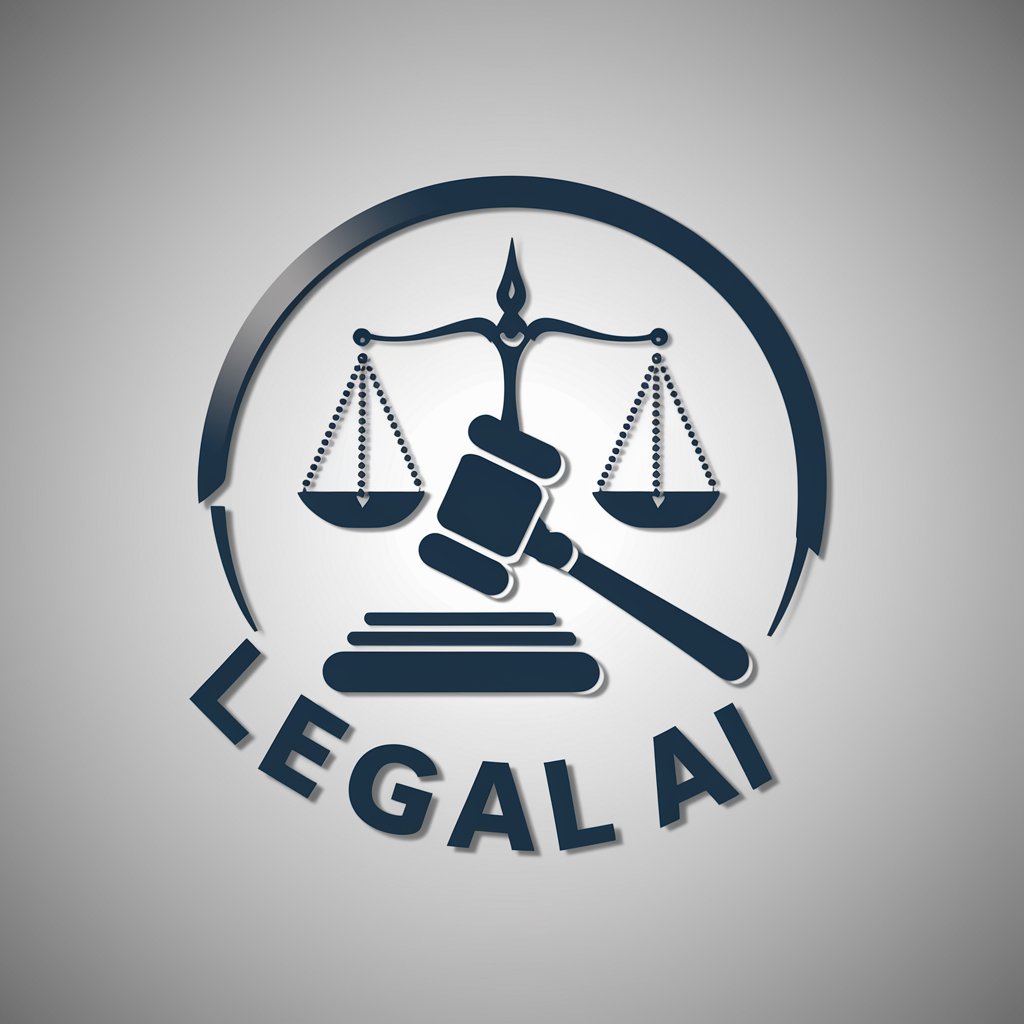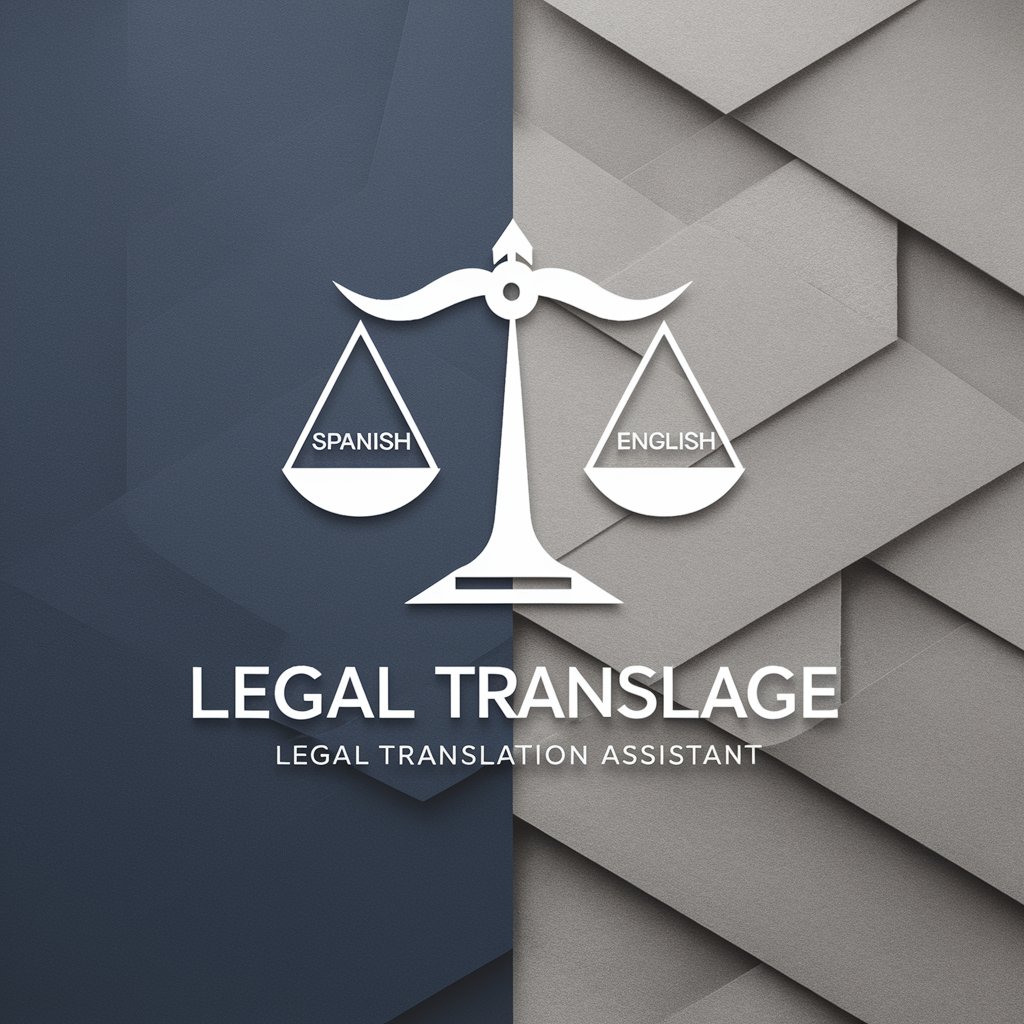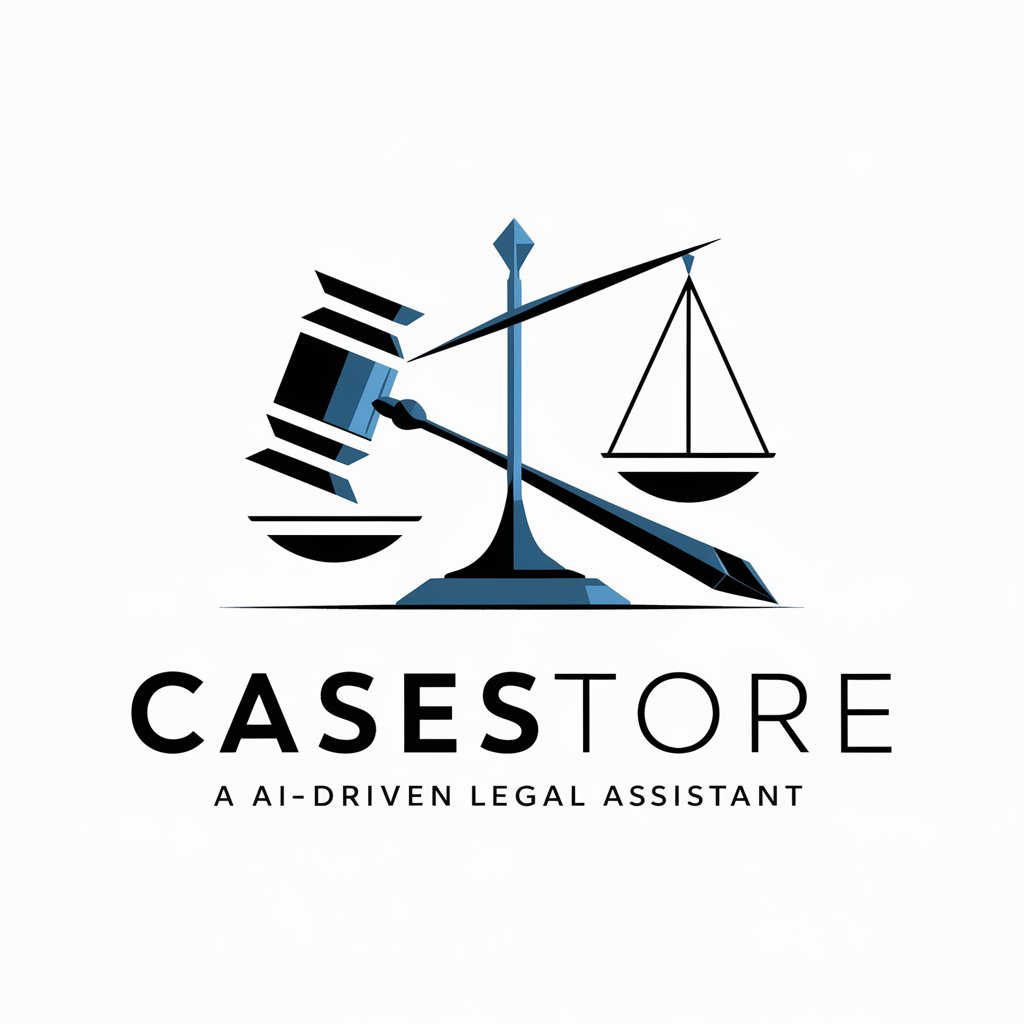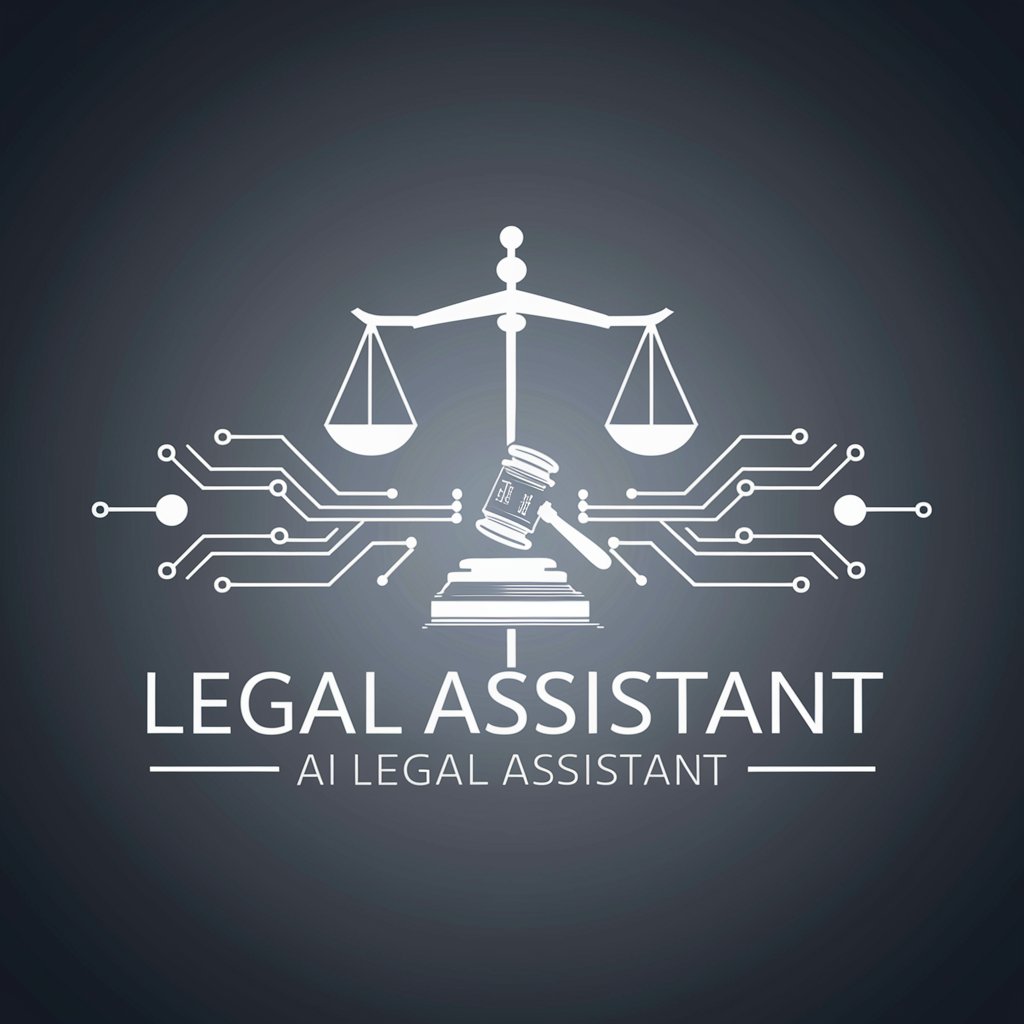9 GPTs for Case Summaries Powered by AI for Free of 2026
AI GPTs for Case Summaries are advanced artificial intelligence tools based on Generative Pre-trained Transformers designed to assist in summarizing legal cases and other detailed documents. These AI models are trained on vast amounts of text data, enabling them to understand and generate human-like text. Their relevance in case summaries lies in their ability to digest complex legal documents, extract pertinent information, and present it in a concise and accessible format. This capability makes GPTs invaluable for legal professionals, students, and anyone needing to quickly grasp the essence of legal cases without delving into extensive reading.
Top 9 GPTs for Case Summaries are: Studiehulp Rechtsgeleerdheid,Integrador de Jurisprudencias BR,Legal Translation and Summary Assistant,Jurisprudence U.S.A,Law Firm Content Writer,CaseStore,PostCraft - Legal,Legal Assistant,Law Notes
Studiehulp Rechtsgeleerdheid
AI-powered legal study companion

Integrador de Jurisprudencias BR
AI-powered legal research, streamlined.

Legal Translation and Summary Assistant
AI-powered translation and summaries for legal professionals

Jurisprudence U.S.A
Empowering Legal Clarity with AI

Law Firm Content Writer
AI-powered Legal Content at Your Fingertips

CaseStore
Deciphering Legal Jargon with AI

PostCraft - Legal
Craft Your Legal Presence

Legal Assistant
Empowering Legal Professionals with AI

Law Notes
Empowering legal education with AI

Key Attributes and Functions
AI GPTs for Case Summaries are distinguished by their adaptability, supporting a range of functions from basic summarization to in-depth analysis. Core features include natural language understanding for accurate interpretation of legal terminology, the ability to generate summaries that capture essential facts and legal arguments, and customization options for depth of analysis. Special features may encompass language learning for multilingual support, technical assistance for integrating with legal databases, and capabilities for data analysis to identify trends and patterns within case law.
Who Benefits from AI GPTs in Case Summaries
The primary users of AI GPTs for Case Summaries include legal professionals seeking efficient ways to access case insights, law students needing to study case law, and developers creating legal tech solutions. These tools are designed to be accessible to novices without programming skills, offering user-friendly interfaces, while also providing advanced customization options for tech-savvy users and developers to tailor the AI's output to specific needs.
Try Our other AI GPTs tools for Free
Landscape Architecture
Explore the cutting-edge of landscape architecture with AI GPTs, designed to revolutionize design processes, enhance creativity, and promote sustainability in the field.
Digital Sculpture
Explore AI GPTs for Digital Sculpture: transformative tools designed to enhance digital sculpting with intuitive AI capabilities, tailored for artists and creators at all levels.
3D Visualization
Discover the transformative power of AI GPTs in 3D Visualization, offering intuitive tools for creating and manipulating 3D models through natural language. Perfect for professionals and novices alike.
TV Show Guide
Discover the power of AI GPTs for TV Show Guide: innovative tools designed to transform your viewing experience with personalized guides, content analysis, and more.
Actor Search
Discover how AI GPTs for Actor Search revolutionize finding and analyzing actor information, simplifying casting and research with advanced AI capabilities.
Daily Interaction
Explore AI GPTs for Daily Interaction: your gateway to efficient, personalized digital assistance for everyday tasks, designed for both tech novices and professionals.
Expanding Applications and Integration
Beyond case summaries, AI GPTs offer potential for broader applications in the legal sector, including drafting legal documents, predicting case outcomes based on historical data, and facilitating legal research. Their integration into legal tech ecosystems can streamline operations, reduce manual workload, and provide insights that inform decision-making processes. User-friendly interfaces and customization options further enhance their applicability across different legal tasks.
Frequently Asked Questions
What are AI GPTs for Case Summaries?
AI GPTs for Case Summaries are artificial intelligence tools designed to summarize and analyze legal documents, leveraging the capabilities of Generative Pre-trained Transformers to process and present complex information in a simplified manner.
How do these AI tools understand legal jargon?
These AI models are trained on extensive legal texts, enabling them to recognize and interpret legal terminology, concepts, and the context within which they are used, ensuring accurate summaries and analyses.
Can AI GPTs generate summaries in multiple languages?
Yes, many AI GPTs for Case Summaries are equipped with language learning capabilities, allowing them to understand and generate summaries in various languages, depending on the training data they have been exposed to.
Are there customization options for the summaries?
Absolutely. Users can often customize the length, focus, and level of detail in the summaries, allowing for tailored information that meets specific requirements or interests.
Do I need coding skills to use these AI tools?
No, many AI GPTs for Case Summaries are designed with user-friendly interfaces that do not require programming knowledge, making them accessible to a broad audience.
Can these tools integrate with existing legal research databases?
Yes, developers can leverage the technical support features of AI GPTs to integrate them with existing legal research databases, enhancing the workflow of legal research and analysis.
How can AI GPTs benefit legal education?
AI GPTs can support legal education by providing students with quick summaries of case law, helping them understand complex legal documents and focus on critical aspects of legal arguments.
What makes AI GPTs unique compared to other summarization tools?
AI GPTs stand out due to their deep understanding of legal context, adaptability to various legal documents, and ability to generate human-like, coherent summaries that capture the essence of complex cases.